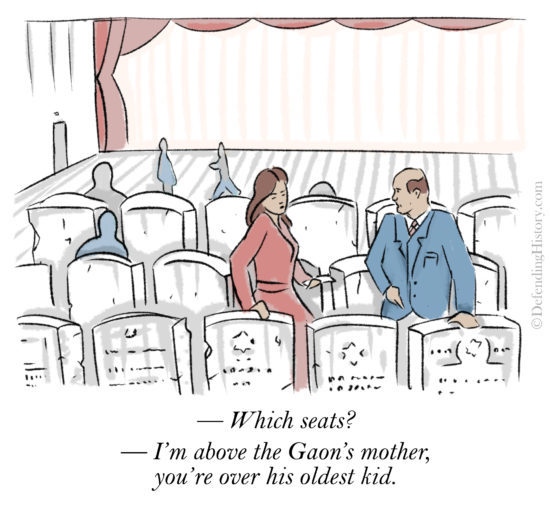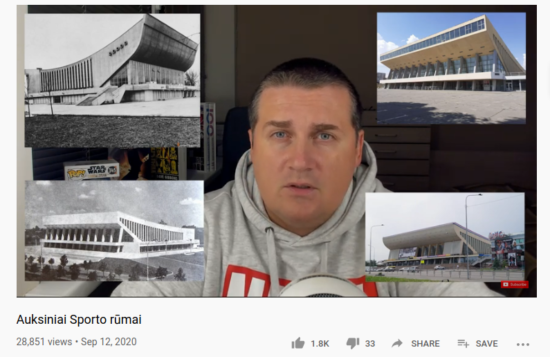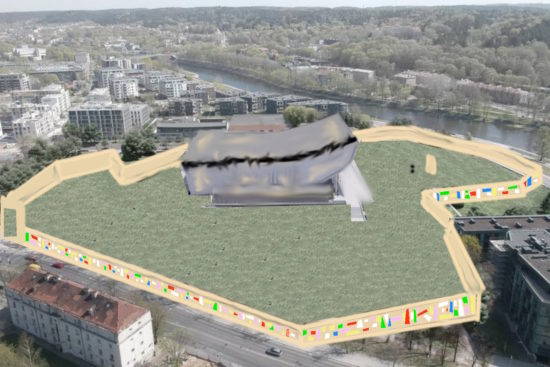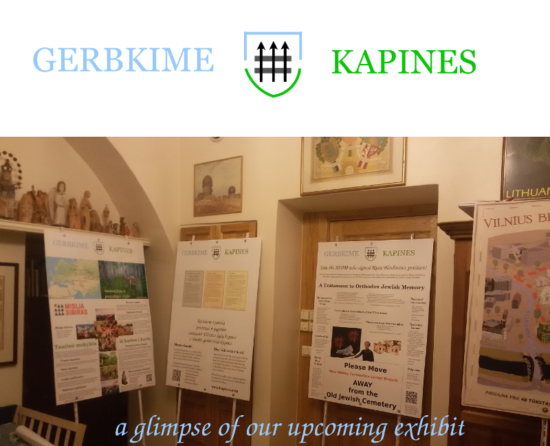BOOKS | BOOKS IN THE DEBATE | LITHUANIA
REVIEW ARTICLE
by Roland Binet (De Panne, Belgium)
◊
◊
Human feelings are now as candles without wick burning from inside.
(from a poem by Avrom Sutzkever, a tribute to Yiddish teacher Yankev Gershtein who perished in the Vilna Ghetto on September 27, 1942 (quote from Rudashevski’s Diary)
◊
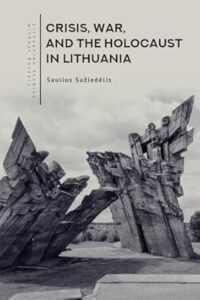 Professor emeritus Saulius Sužiedėlis of Millersville University of Pennsylvania begins this major new book by characterizing its long and productive journey. “This study is the result of years of interaction with historians, journalists, and writers from Lithuania, Latvia, Estonia, the United States, Poland, Germany, the United Kingdom, and Israel. Inspiration and encouragement emerged from discussions among the eleven-member Sub-Commission on Nazi Crimes, part of the Commission for the Evaluation of the Crimes of the Nazi and Soviet Occupation Regimes in Lithuania” (p. vii). Sužiedėlis’s opus on the Jews in Lithuania and their almost complete disappearance during the war years is a meticulously researched, coherently chronicled and impressively documented opus, tackling many themes, issues and problems with a staggering abundance of facts, figures, quotes, opinions, and anecdotes. Chunks of it read almost like an autopsy report on places and massacres rather than on an individual’s remains. I find it overall to be an exceptional, very well written, and significant contribution.
Professor emeritus Saulius Sužiedėlis of Millersville University of Pennsylvania begins this major new book by characterizing its long and productive journey. “This study is the result of years of interaction with historians, journalists, and writers from Lithuania, Latvia, Estonia, the United States, Poland, Germany, the United Kingdom, and Israel. Inspiration and encouragement emerged from discussions among the eleven-member Sub-Commission on Nazi Crimes, part of the Commission for the Evaluation of the Crimes of the Nazi and Soviet Occupation Regimes in Lithuania” (p. vii). Sužiedėlis’s opus on the Jews in Lithuania and their almost complete disappearance during the war years is a meticulously researched, coherently chronicled and impressively documented opus, tackling many themes, issues and problems with a staggering abundance of facts, figures, quotes, opinions, and anecdotes. Chunks of it read almost like an autopsy report on places and massacres rather than on an individual’s remains. I find it overall to be an exceptional, very well written, and significant contribution.
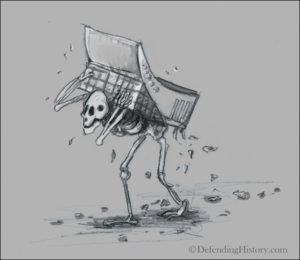
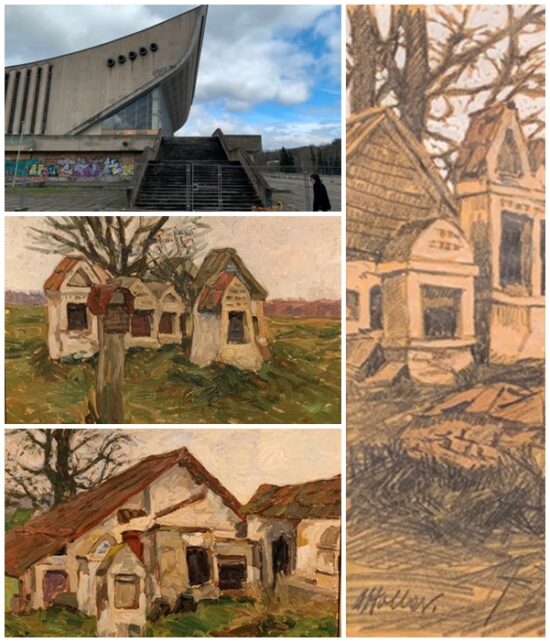
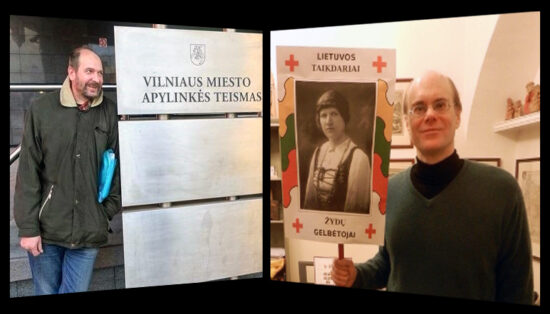 Genuine heroes of this saga—both written out of the film
Genuine heroes of this saga—both written out of the film
